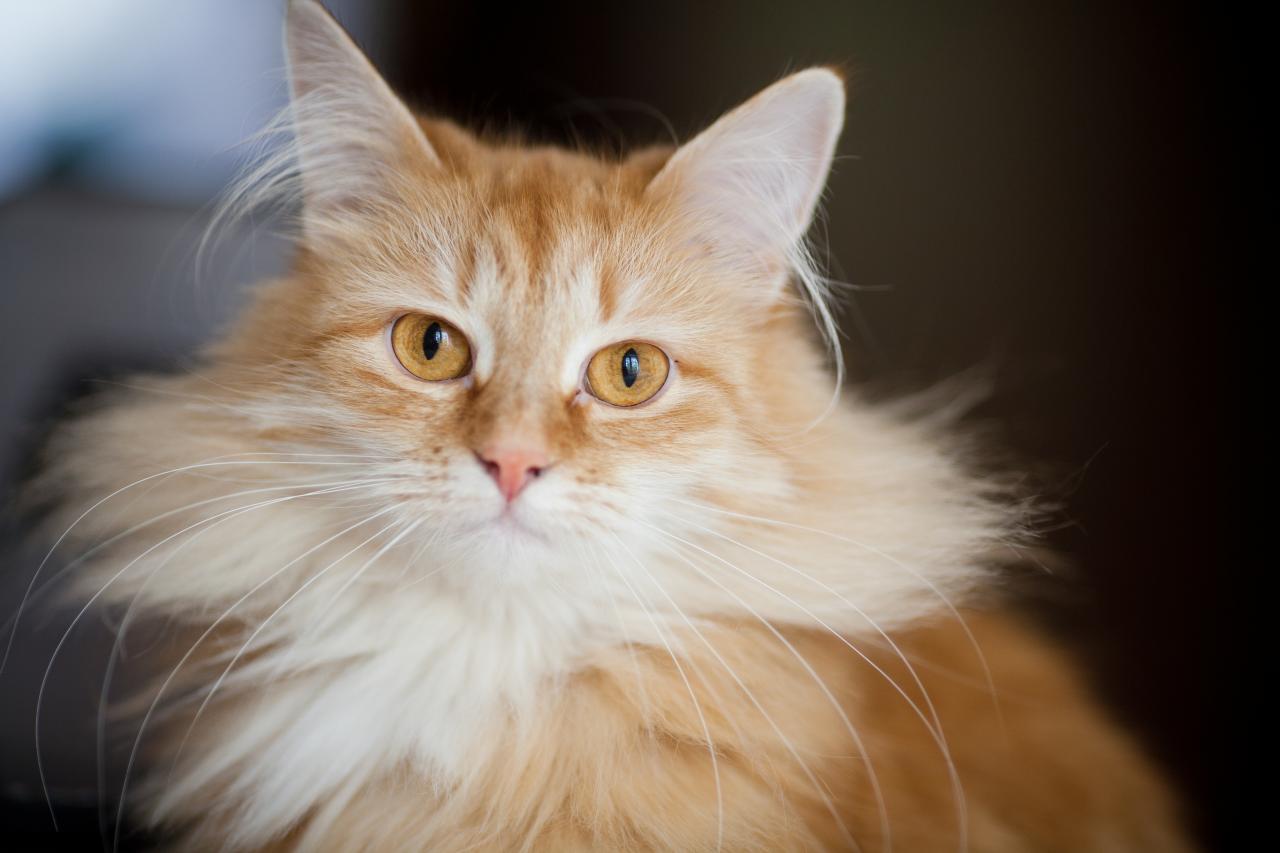The first months of life of kittens are characterized by rapid growth. However, in some cases, we may notice that our child is not growing as much as he should. Kittens are so vulnerable that the presence of parasites or poor diet can interfere with their proper development. However, there are other causes that explain why a cat does not grow.
In this Animal Expert article, we review the main reasons why a cat doesn’t grow or gain weight and show what to do – Cat that doesn’t grow: causes and what to do.
- First of all.
- It is important to note that there is a breed of cat known as cat munchkin and that is characterized by its small size due to its short legs.
- Therefore.
- If you have adopted a kitten and do not know whether or not it belongs to this breed.
- The first thing we recommend is to consult your veterinarian to confirm whether it is munchkin or not.
That said, and having excluded the breed as a cause, the cubs must remain with their mother and siblings for at least the first eight weeks of life. That’s why it’s normal for us to adopt them when they’re about two months old. Depending on its origin, we can receive the new family member dewormed, vaccinated and well accustomed to eating alone and solid. However, this ideal situation is not always found, which may explain why the cat does not grow.
Thus, a kitten that has not been dewormed internally is at reduced growth, in addition to suffering other symptoms such as diarrhea, vomiting, poor appearance or anemia. So if you don’t know if the kitten has visited the vet or if you have any questions, the best thing you can do is go to a clinic as soon as you receive the kitten at home. There, this professional will check and recommend the necessary medicines.
On the other hand, food is always essential for the welfare of animals. If malnutrition in adult cats can cause problems, the situation of kittens will be much more compromised because, if they are not well fed, their growth will be hindered. That is why it is essential to offer a good diet, with a menu adapted to the age of the animal, to ensure that all your nutritional needs are met. If you opt for a home-cooked diet, keep in mind that this does not mean offering leftover food to the puppy. It is necessary to prepare a menu with the advice of a specialist veterinarian.
If malnutrition or the presence of parasites can explain why a cat does not grow and does not grow properly, there are other, albeit rare, causes. In general, kittens are apparently born healthy and it is during their weeks of life that symptoms begin to appear, especially stunted growth. This will be more evident if the little one stays with his siblings, because it is possible to make comparisons. A dwarf kitten may suffer from conditions that affect development and cause other symptoms. These rare diseases are:
After reviewing several situations that may explain why a cat does not grow or gain weight, if you suspect that your puppy is the case, the simplest way is to start with the deworming and give it a diet adapted to this stage of your life. In the near future, if this is really a problem, you should see improvements.
If the animal is already eating well and has been dewormed, it is essential that you consult your veterinarian. You should make a differential diagnosis between diseases like the ones we have explained. To do this, a number of tests are performed that will include blood tests or x-rays. Depending on the result, the forecast will vary.
Unfortunately, all diseases that explain why a cat does not grow are not curable. When hypothyroidism occurs, it is possible to make the cat grow, improve its symptoms and offer a good quality of life if the hormone treatment recommended by the veterinarian is followed. Shunt can be operated on, although it is not always possible, and for mucopolysaccaridosis there is the possibility of treating symptomatology, but the prognosis, in both cases, will be reserved. Kittens with pituitary dwarfism usually do not resist and die.
This article is for informational purposes only, in Animal Expert.com.br we cannot prescribe veterinary treatments or make any kind of diagnosis. We suggest that you take your pet to the veterinarian in case of any type of condition or discomfort.
If you would like to read articles similar to, we recommend that you visit our Other Health Problems section.

